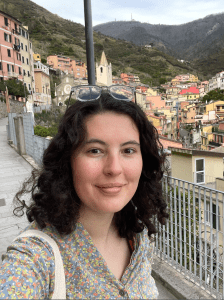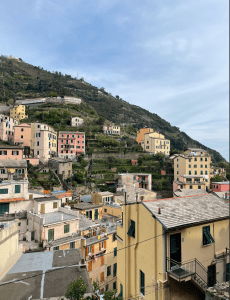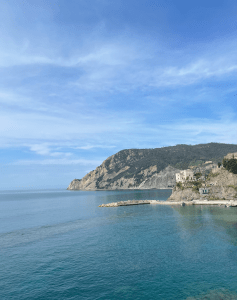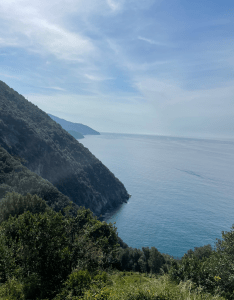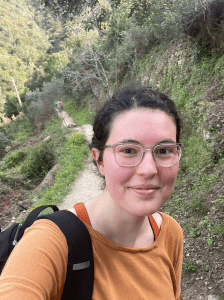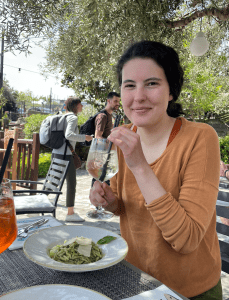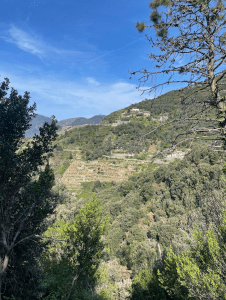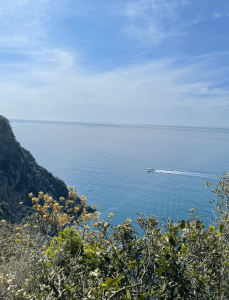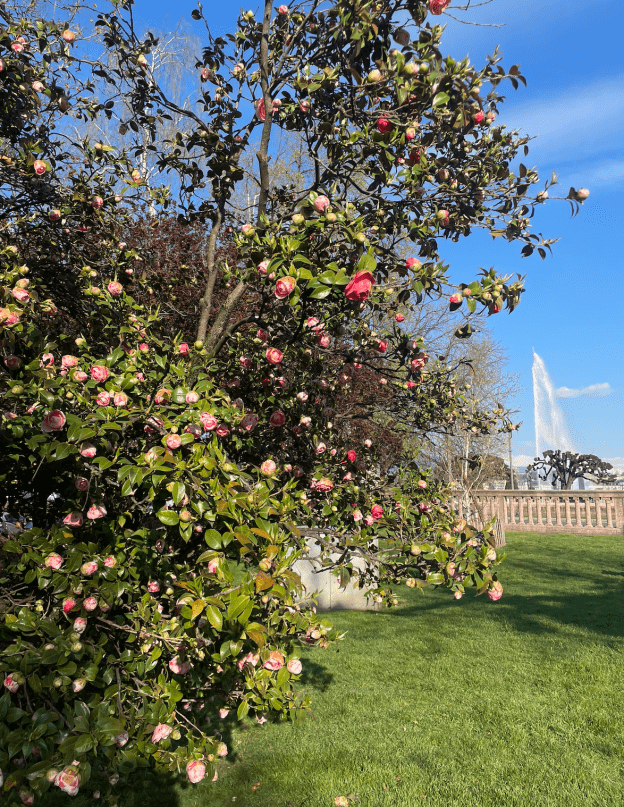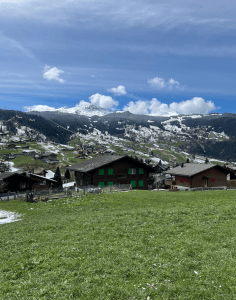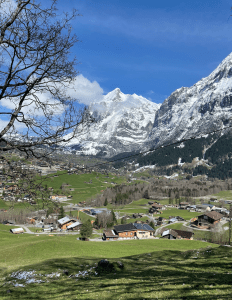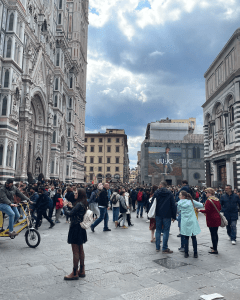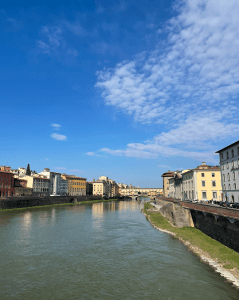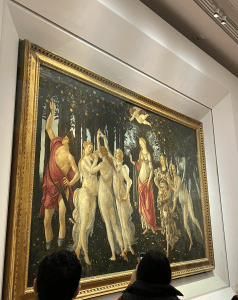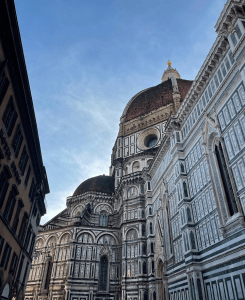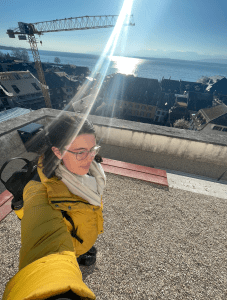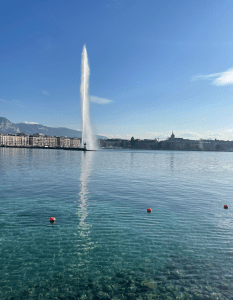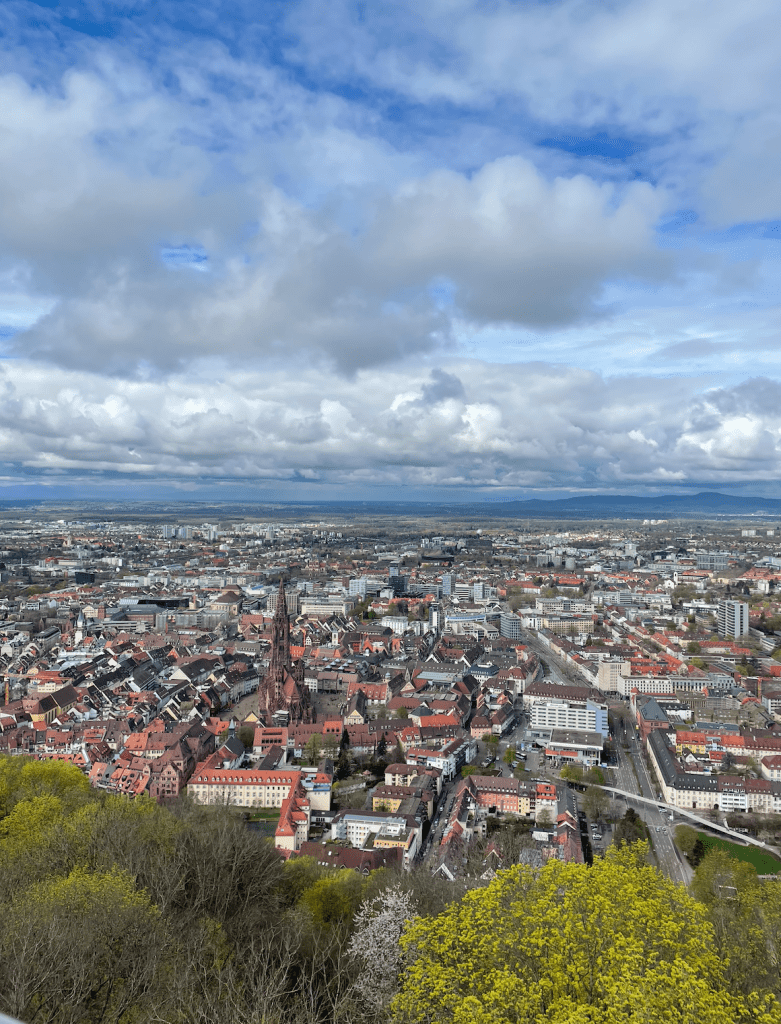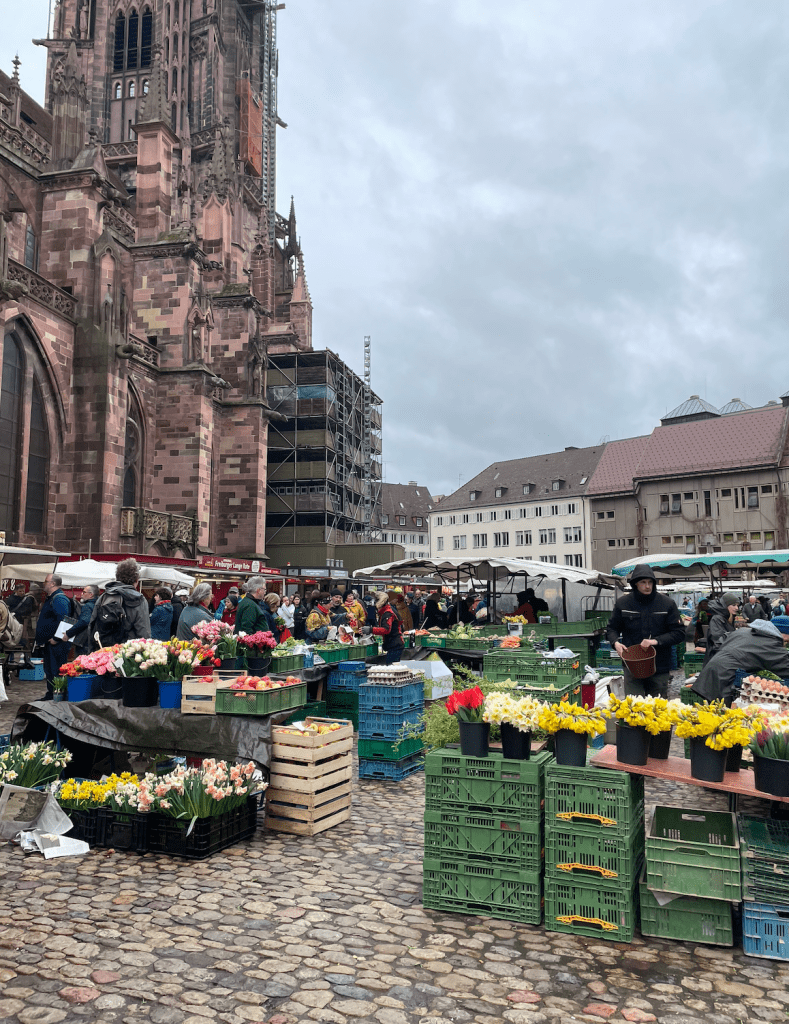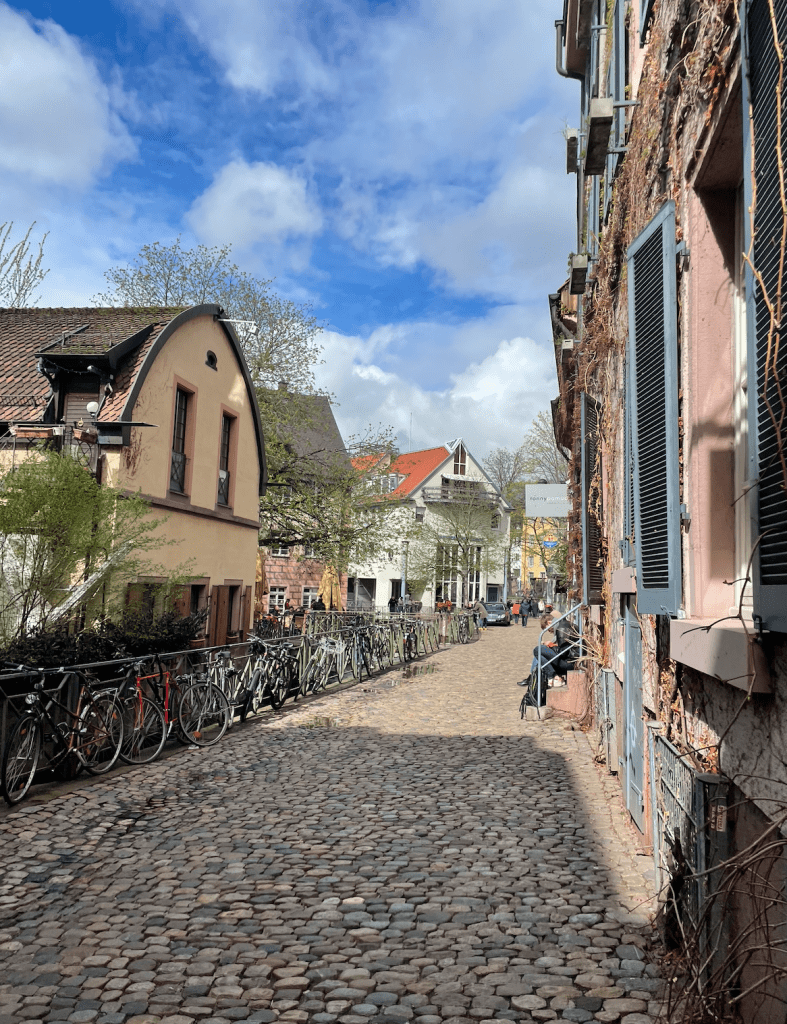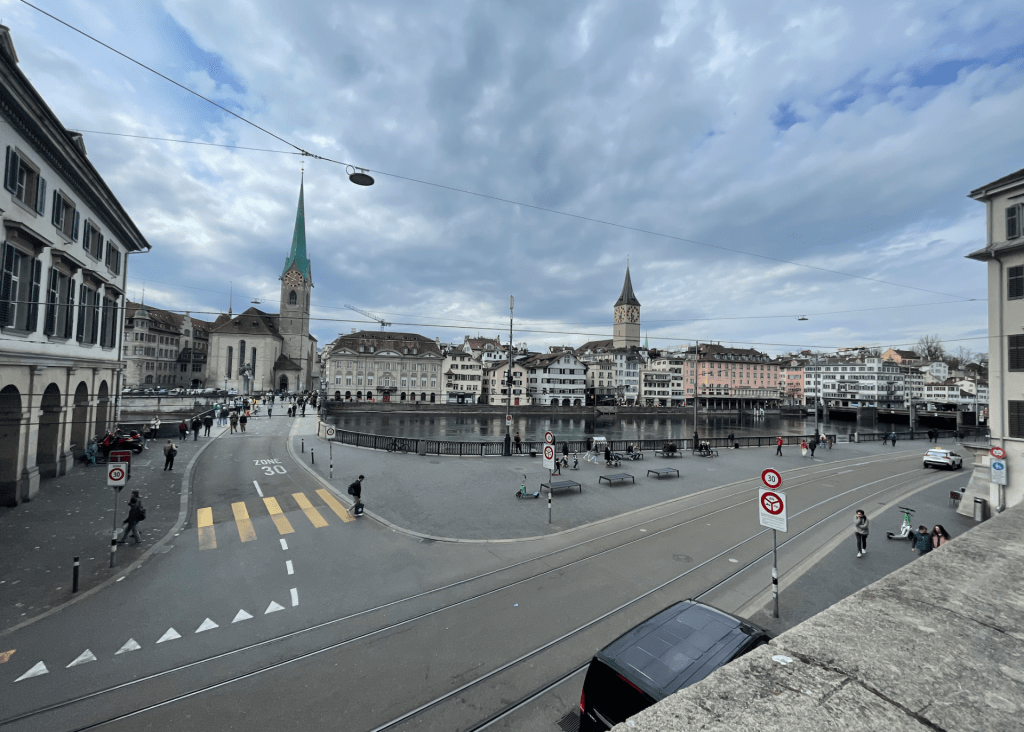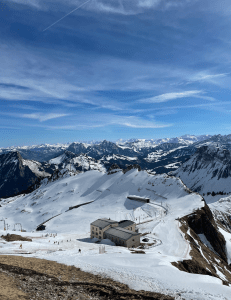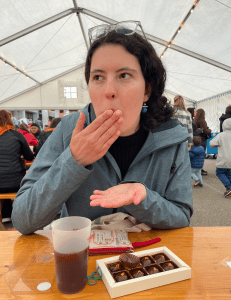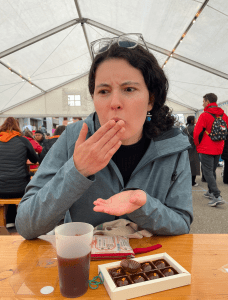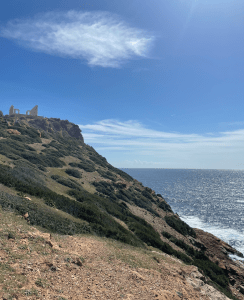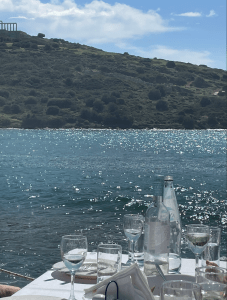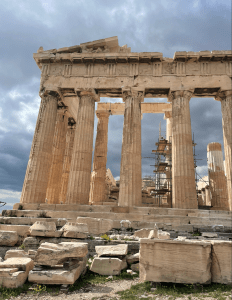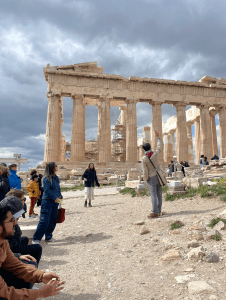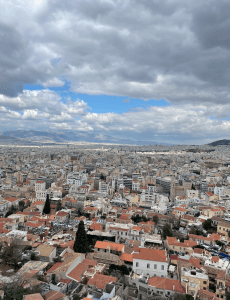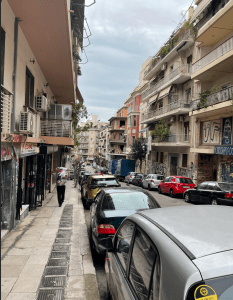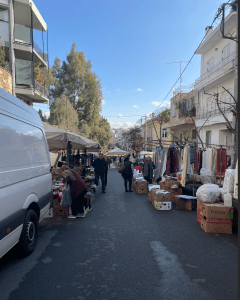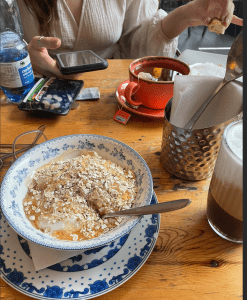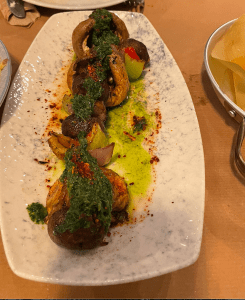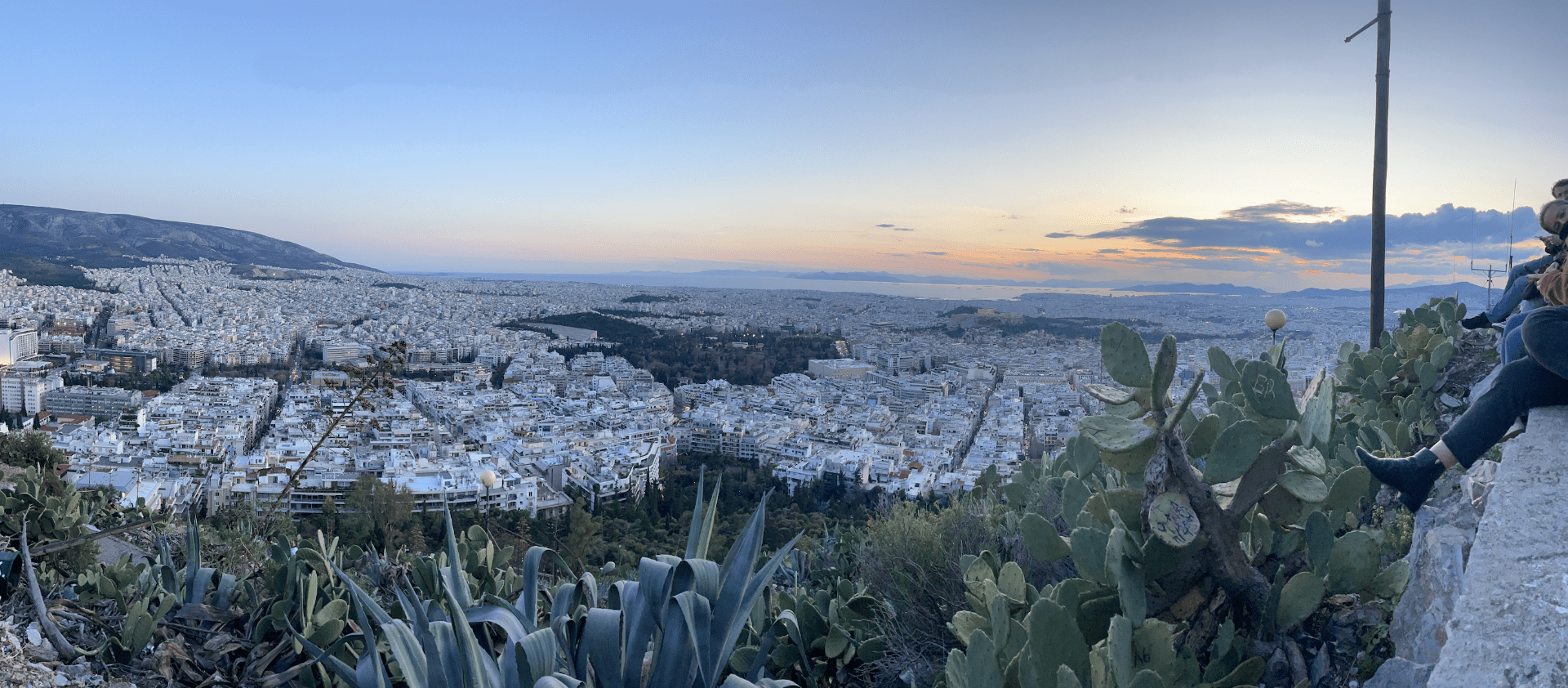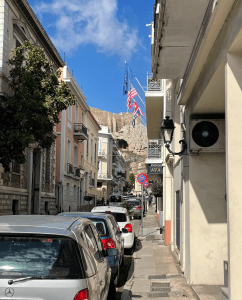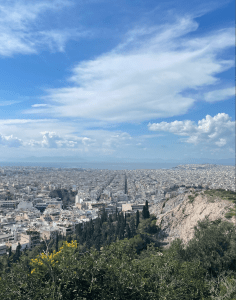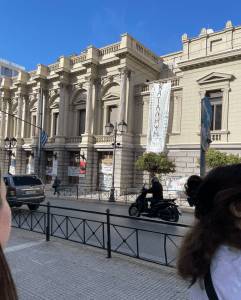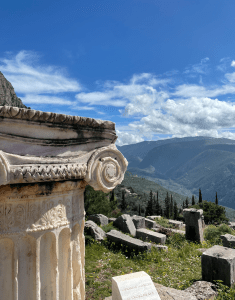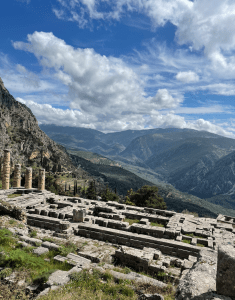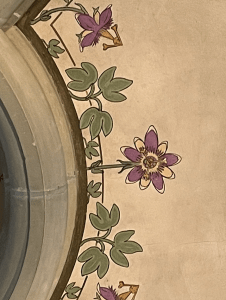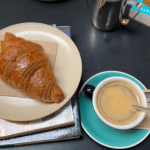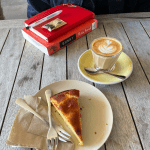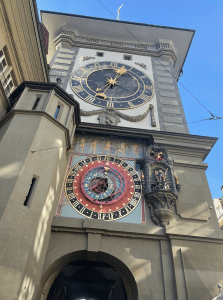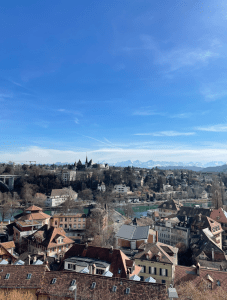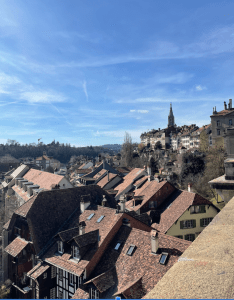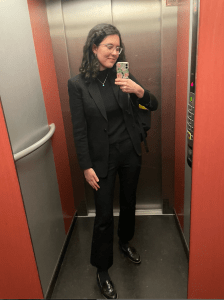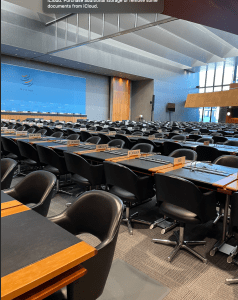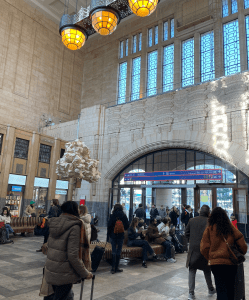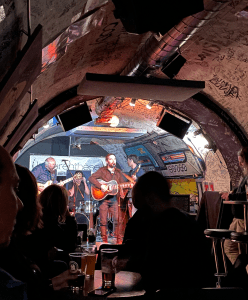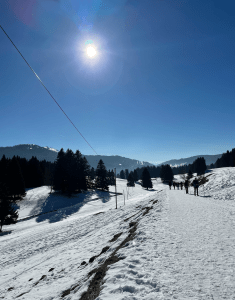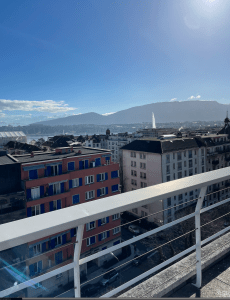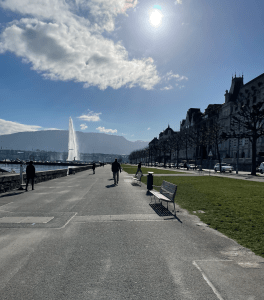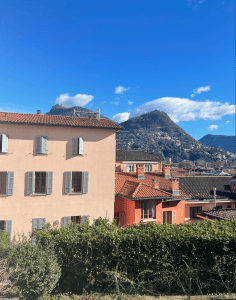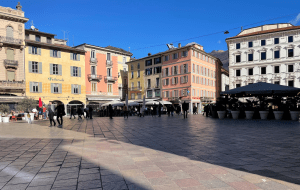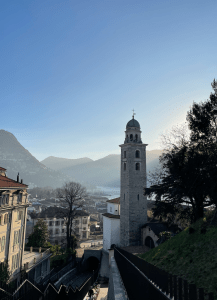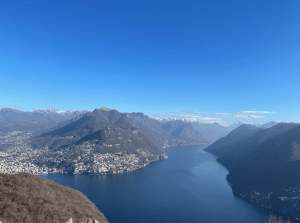Yesterday I had my internship paper due (6,000 words) and it was a scramble to finish. My head is still spinning from trying to find new sentence starters, hence the title. Silliness aside, this is my last post and I will be sharing my concluding thoughts in a list of advice peppered with my more personal musings. Disclaimer that these are my feelings and opinions and I am sure anyone who takes this program will have their own unique experiences.
- Had I done this again, I would not do a homestay program. I think navigating new relationships and implanting into people’s complicated lives can come with a lot of exhaustion and frustration. My friend made a good point when she said it can feel like backtracking since we’re used to living independently at college. Now there are people you have responsibilities to and who have expectations for you in a sometimes parental way. I think this, of course, depends on what kind of relationships you have with your homestay. However, I think it is really difficult to figure out the rules of the relationship between being a guest, but also someone who is paying to be housed, and not at the level of family. I think I bounced between being relaxed and feeling like a guest with little control or understanding of what was happening. There’s also the difference of not being around students/young people as easily. I think I would have preferred an apartment in close proximity to friends, like in a university town.
- I have fallen in love with the Mediterranean and absolutely will be traveling to more places in the future. Greece and Italy were incredible places to visit. I need to see more!
- My relationship with travel and what I want from it has evolved. Very urban cities are not my thing, but I do enjoy relaxed neighborhoods like those in Greece or the quieter streets in Florence. I hate crowds and feel nervous in the chaos. I like to feel safe. I like to spend the most amount of time possible in nature. I need green spaces and water. I like to feel like I am part of a place and see into a different life. I do not enjoy bouncing between the top ten sites. I prefer wandering and having no plan. The only rule to travel for me now is to have fun. I like seeing where the adventure takes me. I want to be slow and thoughtful.
- I want to keep taking French classes or keep up with the language in some way. I can understand more than I can respond to at the moment. I think Migros French classes were great and the small class size really helped. I would recommend learning how to order food before coming here. People may know English but it’s good to get into the habit of ordering in French.
- Packing: Leave room in your suitcase for gifts. Bring a variety of outer layers because that’s what you’ll be wearing most & it’s cold. Bring two dressy outfits maximum. Don’t bring any shoes you can’t see yourself walking a few miles in. Bring a canvas tote for groceries or as a multipurpose day bag. Bring small things to feel like yourself (necklaces, earrings, etc.) Bring cold medicine. Bring a carry-on backpack that would work for school, internship, and weekend travel.
- I am done and ready to go home. I am excited to see my family and my partner. I am looking forward to familiar cozy spaces with the people I love and trust most in the world. This was just the right amount of time abroad and I feel peaceful leaving.
- Get an international phone plan and debit card with no foreign transaction fees.
- Make the most of long weekends. Flights can get expensive, but trains and buses are great. Brainstorm a list of priority locations and make a plan with the people you meet here (or not! Solo travel is great too). The south of France, southern Germany, and northern Italy are spectacular. But also know that the Swiss pass is the most incredible thing ever and see as much as you can of Switzerland. Airbnbs are cheaper than hostels with even a small group or one friend.
- Check out the museums in Geneva, many are free. Go to La Grange to soak in pretty flowers and green. Take a water taxi (included with the Swiss pass). Sit by the bains de paquis. The city can feel cold and formal but the weekends can be more energetic.
- Things are closed Sundays except for the places families or foreigners go to relax, i.e. lakeside Geneva or cafes in more urban areas.
- Keep your valuables on you at all times. I wear a black vest with zip pockets. I would not trust the luggage racks on the trains. Never leave your bags alone.
- For the program’s last weeks, we had the choice between an internship or an independent study project (ISP). While the internship was interesting, I think six weeks might be better used for completing a unique independent project on something you are really motivated to learn about. People who did ISP had much more time to travel.
If you are considering studying abroad, do it. It’s transformative, you learn about yourself in unexpected ways, and it is a chance to grow in a radically different environment. If you are worried about leaving your partner like I was, just know that you can make it work. Take things day by day, be patient with yourself, talk about your emotions, and communicate everything. Reflecting on old memories can be nice but also emotionally difficult. Make plans for the future together. Know that your relationship will sometimes feel limited but that the communication aspect will grow exponentially. As someone who has had anxiety off and on, I also want to say that it’s possible to work through it and have fun at your own pace while listening to your body.
Some of the most peaceful and beautiful days of my life in Cinque Terre, Italy
I hope this blog has been helpful. I wish you the best of luck with your travels, whether that means exploring your relationship with yourself or in the physical world. Studying abroad is likely to bring you on a journey mixed with both.
Lots of love & feel free to contact me if you have any questions,
Genevieve
Finances (Tuesday 4/18-Sunday 5/7):
– 207 USD at Migros on food
– 55 USD Eating out
– 200 USD in Cinque Terre, Italy (I only used cash so not entirely sure)
= 462 USD (food covered by SIT stipend)
*Over the course of the program, I spent roughly 1,219 USD on non-traveling food in Geneva. The program provided around 1,300 USD for food so I would say I landed right on budget.

